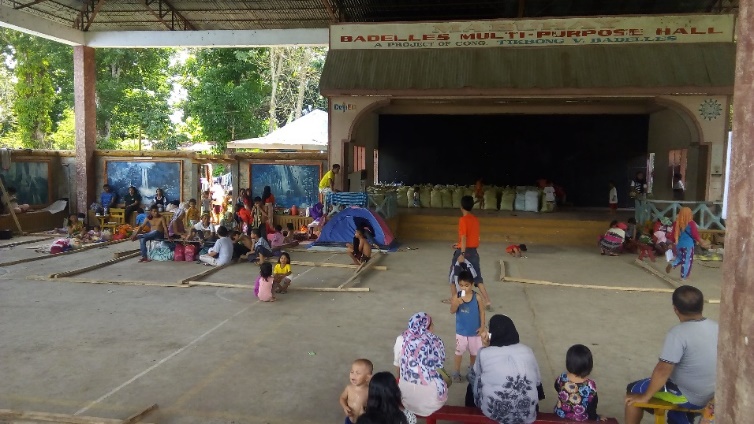
ACTED deployed an assessment team in Mindanao following the violent clashes in Marawi city, which have affected an estimated 90% of its total population of close to 202,000 people. ACTED directly mobilised its team to assess the situation, and recorded 140,000 displaced people so far.
Siege on Marawi
Since 23rd May, when the government forces clashed with the local militant group Maute, nearly 140,000 people have been displaced by fighting in Marawi city, capital of the Lanao del Sur province in southern Philippines. The majority of displaced people is currently scattered in different evacuation centres and relatives homes. As the siege continues, an estimated 3,700 residents are still trapped in the city with little food and water, while airstrikes and gun battles continue. The situation for people trapped and displaced is becoming dire as they lack food, water, basic hygiene items and proper housing.
ACTED assessment team deployed
ACTED immediately mobilised its team to assess the needs of people displaced by the Marawi crisis who found shelter and safety in evacuation centres in three municipalities. ACTED and partners identified several needs and gaps, including the need for basic hygiene materials, cooking utensils and clean sanitation facilities. The situation however remains unpredictable as fighting continues, new displaced people arrive daily, “martial law” has been declared in the region and the fear of further militant attacks remains a possible risk.
Providing immediate relief
ACTED and partners are mobilising all resources and funding available to address the immediate needs of displaced people, including access to water, hygiene and sanitation, non-food items and emergency shelter. As an end to the conflict remains unpredictable, emergency stocks are rapidly depleting and a lot of needs remain unaddressed, it is essential to reach the most vulnerable people as quickly as possible.